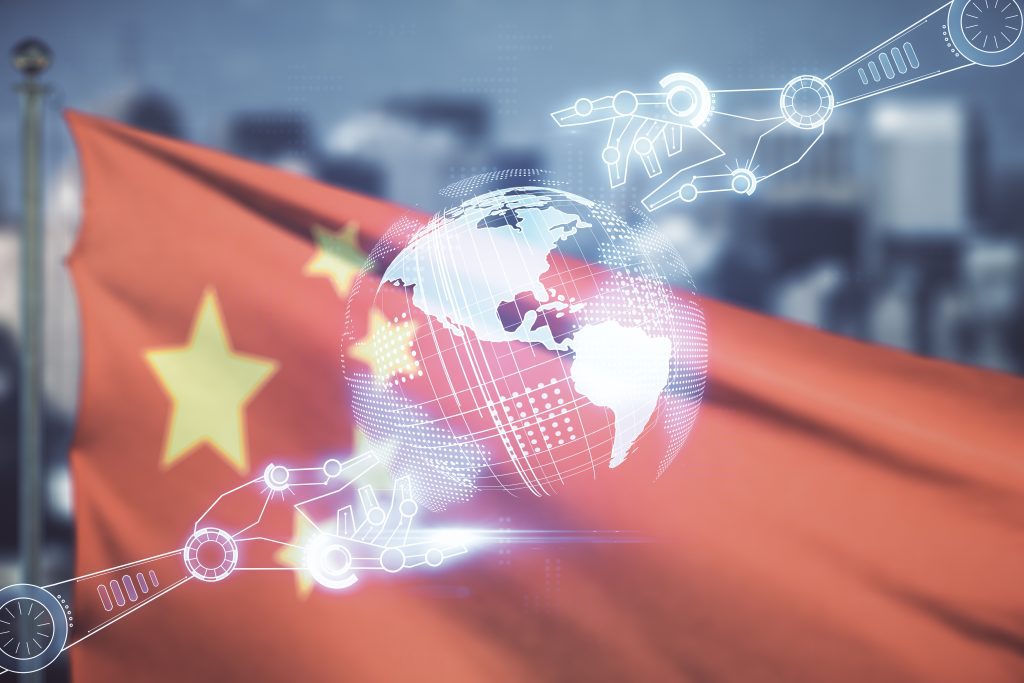
































Inspired by Guo Guoping, founder of Origin Quantum, and his call for China to achieve quantum self-reliance, the country has made it its goal to become self-reliant regarding quantum computing technologies.
This recent announcement made by Beijing comes from a strategic effort made by China in recent years to secure technological self sufficiency, considering the tensions with the United States which has restricted exports of chips and some other components to China.
The report says that Beijing also planned to make efforts in big data and artificial intelligence (AI) and intends to launch a number of major science and technology programmes to meet major strategic and industrial development goals.
Since last year, the ruling Communist party has gained increased control over tech-related regulations as part of a larger government reform.
China formed a new technology commission under Communist Party control, subordinating the ministry of science and technology and thus transferring some of the ministry's former responsibilities.
Doug Fuller, a researcher with Copenhagen Business School, claiment that even though ? the government views this centralisation as lowering coordination costs and increasing the efficacy of targeting key tech development, [...] the flow of necessary information to enact effective policies might dwindle with centralisation and thus will probably exacerbate the existing problem of information asymmetries between central ministries and other actors ? said Doug Fuller, a researcher with Copenhagen Business School.
It is also worth noting that the report states that China will cultivate more world-class scientists and innovation teams, as well as strengthen processes for recognising and developing top-tier innovators.
 Tags quentes :
Computação Quântica
Tags quentes :
Computação Quântica